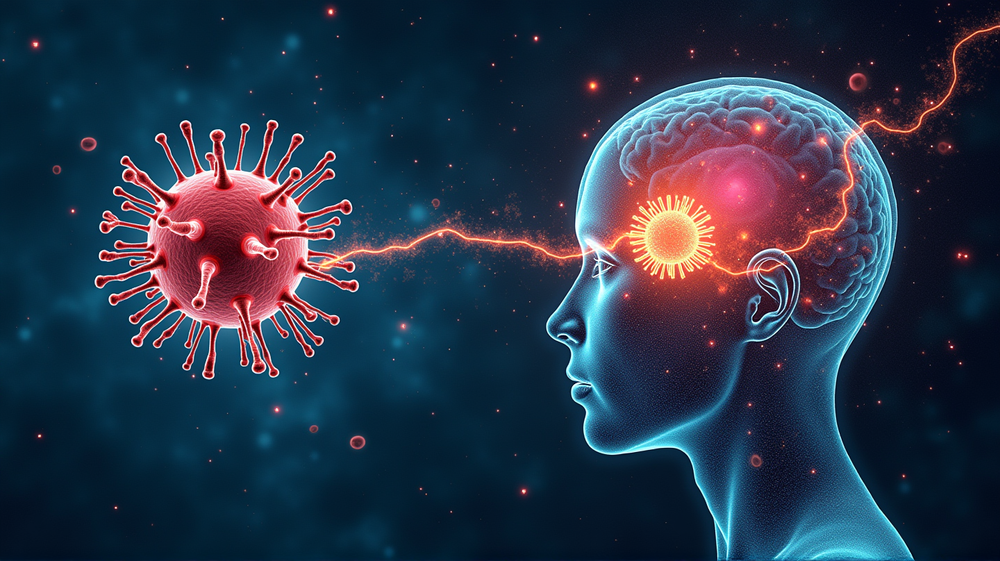The Alters of Sperm RNA
As the world grapples with the multifaceted impacts of COVID-19, a groundbreaking study from the University of Melbourne uncovers an unexpected dimension: the virus’s potential to alter paternal sperm RNA. This alteration, while invisible, could significantly shape the mental health landscape of the next generation.
Research: A Mouse Model Insight
In a meticulously conducted study, researchers infected male mice with COVID-19, allowing them to recover before breeding with healthy female mice. The offspring exhibited markedly more anxiety and fearfulness, as stated in Dynamite News. Such behavioral shifts prompted further investigation into the genetic underpinnings.
The Hippocampus: A Brain’s Vulnerable Core
Key to this revelation is the hippocampus, the brain’s epicenter for memory and emotional stability. Changes here, particularly in female offspring, hinted at a predisposition to mental health issues, underlining the seriousness of these findings.
A Potential Global Public Health Challenge
The study leader, Professor Anthony Hannan, underscores the gravity of these findings for human applicability. Should these effects translate across species, the repercussions on global health could be monumental, impacting millions of children and their families.
The Imperative for Future Research
These discoveries heighten the already urgent need for further research into COVID-19’s long-term impacts. By understanding and potentially mitigating these effects, we stand a chance to protect subsequent generations from unintended mental health challenges.
In the world of COVID-19, every discovery leads us deeper into understanding how interconnected our health truly is with that of future generations.













